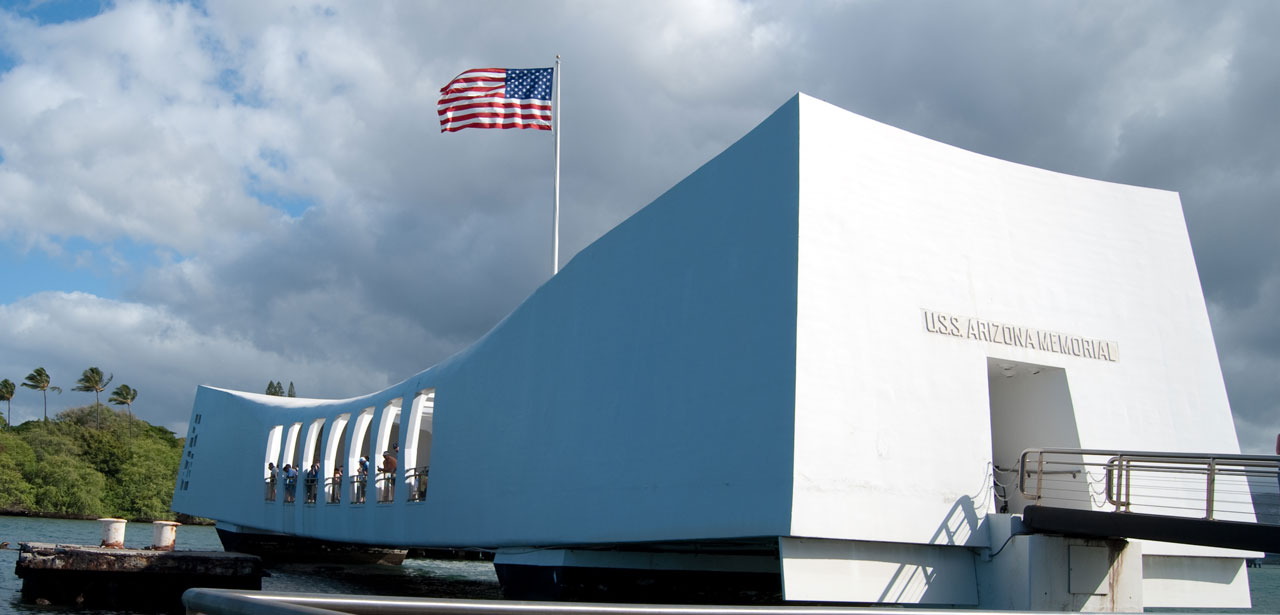“Yesterday, December 7, 1941 – a date which will live in infamy – the United States of America was suddenly and deliberately attacked by naval and air forces of the Empire of Japan.”
—U.S. President Franklin D. Roosevelt, December 8, 1941
Seventy-six years ago, FDR delivered these words in one of the most famous speeches in American history. Immediately, the United States was thrust into World War II, a war that would determine the future of freedom and our very survival as a free people, to quote Winston Churchill.
Dates like December 7 provide an excellent opportunity to express our gratitude to those who served in the military during this epic struggle, as well as gratitude for those who served before and since.
Dates like this also serve an excellent reminder that America must continue to teach history to ourselves and to young people. The late, great University of Oklahoma history professor J. Rufus Fears once said that we study history, not to know information for trivia games. We study history to understand the past, in order to make decisions about the present and plan for the future.
Unfortunately, far too few of our elected officials are thinking historically when it comes to policy decisions and other matters. The daily media treadmill and social media scorecard has instead monopolized our shrinking attention span, thus rendering us unable to think for the long-term or as informed citizens.
Perhaps worse, many students today seem to view history as one giant boring topic. It appears students these days can tell you more about what happened in the Star Wars movies (movies which I myself enjoy) than what happened in World War I or World War II.
This is not necessarily a new problem. In fact, a 1982 survey of “sixth and 12th-graders in a Midwest school district… (determined) that kids were ‘largely indifferent’ or revealed ‘negative attitudes’ toward social studies” and history.
This does not have to be the case. History is too important to wither away or become a topic for only a few “egg heads.” For us to recapture young people’s interest in history, we must bring storytelling to life. History is not just a list of dates and names; it is real events and real people like you and me.
Fortunately, there are so many great teachers in the state of Oklahoma and in this great nation that we can see a revived interest in history. For this generation in school now, we have many tools for learning, including through multi-media technology. Whether through new means or time-honored approaches, we must support our educators in any efforts to renew interest in thinking historically.
What is at stake? For Christians, we know that history is not merely academic. We know that the Gospel itself is rooted in history. Jesus Christ, the Son of God became flesh and dwelt among us. We know that He really was born of a virgin, that He walked the earth, performed great and miraculous deeds, living a sinless life. We know that He died and rose again. The Gospel is historical at its heart.
The sooner we can reinvigorate a historical sense in ourselves, the sooner we will see it translated to young people. Whether it’s remembering the bombing at Pearl Harbor and heroics of WWII, or celebrating Christ’s birth at Christmas, we can find opportunities to tell the story about what God is doing throughout time.
In the end, history is God’s grand story for His glory.






